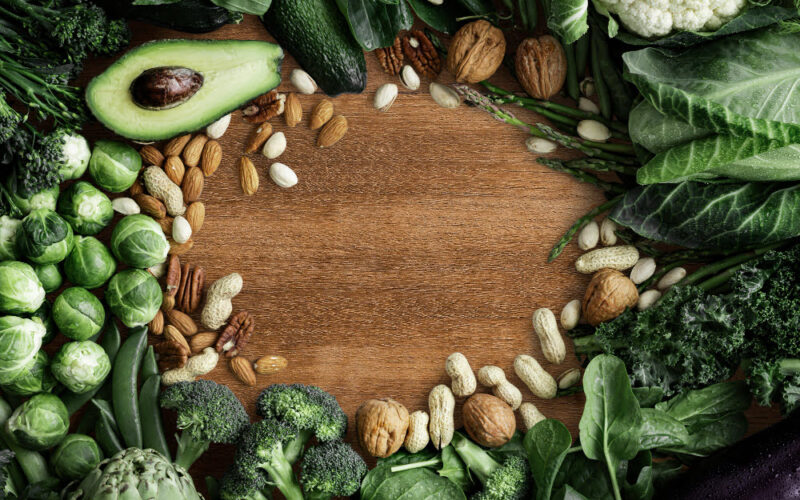Introduction
Have you ever heard of the term “gluten-free”? It is one way of eating that is intended to raise awareness about healthy eating. On the other hand, those of you who are just starting to become more health-conscious want to know what to look out for and what the benefits are. Here’s what gluten-free is and what it can do for you!
What does the term “gluten-free” mean?
Gluten-free is a diet that excludes gluten-containing grains such as wheat, barley, rye, and triticale. Gluten-free diets were first used to treat celiac disease and other illnesses. However, because of the numerous advantages of going gluten-free, it is now a popular method of dietary management among healthy people.
Certain foods are required and should be consumed when following a gluten-free diet.
1. Available fresh foods
These are non-processed vegetables, nuts and legumes, meat, fish and eggs.
2. Gluten-free food labels
Check the label on the back of the food before purchasing to ensure it is not processed and does not contain wheat, barley, rye, triticale, or anything else that should be avoided. In the United States, gluten-free food is defined as having less than 20 ppm of gluten.
3. Natural gluten-free foods
The food must not contain any of the previously mentioned foods, must not have been contaminated with gluten during the cooking process, and must have been processed from gluten-containing ingredients.
Furthermore, gluten-free and non-gluten-free foods should be stored separately in the home. After cooking, utensils should be thoroughly washed and kept clean, taking into account the possibility of contamination. Furthermore, to avoid contamination, bread should be baked in the oven or in a separate toaster. It is best to check ahead of time whether gluten-free foods are available before going out to eat (Mayo, 2021).
What can be gained from a gluten-free lifestyle?
- Joint pain relief
If you experience pain in any joint in your body, you may want to switch to a gluten-free diet. Gluten allergies can cause pain in the body, especially in the elbows and wrists. Therefore, abstaining from gluten foods can help alleviate pain. However, do not resume eating gluten-free foods just because you are feeling better. Even small amounts can cause the pain to return.
- High consumption of fruits and vegetables
If you want to start a gluten-free diet, which foods are gluten-free? It’s hard to know, isn’t it? You can check a website for a list of gluten-free foods, or you can consume fruits and vegetables. The foods mentioned above do not originally contain gluten. Making your table full of colorful foods will lead to better health.
- Healthier and stronger bones
Starting a gluten-free diet is beneficial to your own bones. Because people with gluten sensitivity have a calcium deficiency, many gluten-free foods are high in calcium. As a result, eating gluten-free foods naturally improves one’s bone health and strength.
While gluten has no effect on the majority of people, those who are gluten-sensitive may experience fatigue and a fuzzy feeling in their heart and head when they consume it. If you have any of these symptoms, consider going gluten-free. You may discover that your mental and physical problems have been alleviated (Mill, 2021).
There are many things to keep in mind and various benefits to living a gluten-free lifestyle.
References
Mayo Clinic (2021). Gluten-free diet: What’s allowed, what’s not. [online] Mayo Clinic. Available at: https://www.mayoclinic.org/healthy-lifestyle/nutrition-and-healthy-eating/in-depth/gluten-free-diet/art-20048530 [Accessed 3 February 2023].
Bob’s Red Mill Blog. (2021). 10 Benefits of Eating a Gluten Free Diet. [online] Available at: https://www.bobsredmill.com/blog/healthy-living/10-benefits-of-eating-a-gluten-free-diet [Accessed 4 February 2023].
